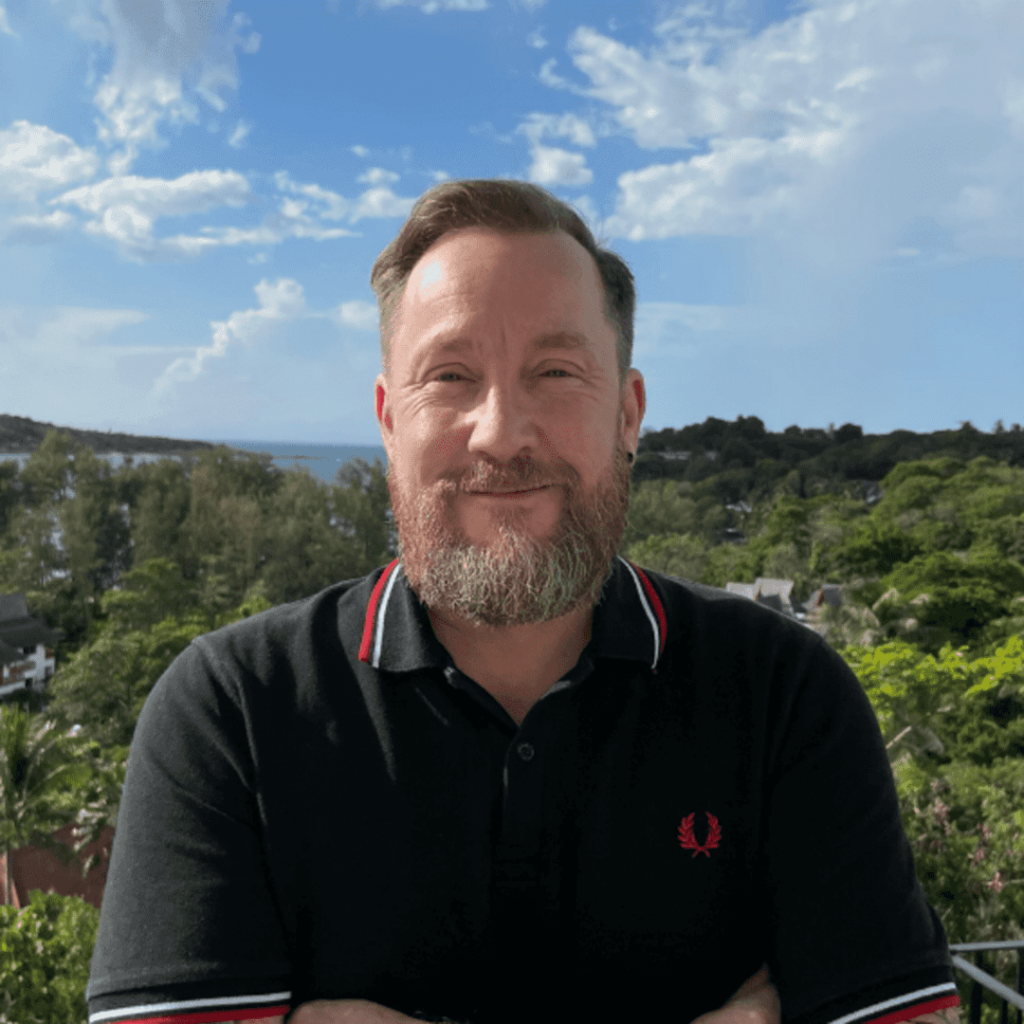You Can Get Back Your Life After Combat PTSD

You’ve been through things most people can’t even imagine. The sounds, the sights, the constant sense of danger are experiences that don’t just disappear when the mission ends. Maybe you’ve tried to move on. Maybe you’ve told yourself to tough it out. But deep down, you know something’s not right. The flashbacks, the numbness and the anger or withdrawal are all exhausting. It can feel like the life you once knew and the person you used to be is gone.
But the truth is you can get your life back after combat PTSD. You’re not broken. You’re not weak. What you’re experiencing is a completely human response to overwhelming events. And healing is possible. This blog will help you understand why your symptoms make sense, what PTSD recovery can look like, and how support can help you find your way back to yourself.
Understanding What Combat PTSD Really Is
Combat PTSD is a natural response to experiences that were anything but natural. War puts you in situations where your body and mind had to stay alert, prepared, and often dissociated just to survive. Now that you’re out of combat, your system may still feel stuck in that heightened state of threat. That’s PTSD. It’s not weakness, and it’s not a sign that something’s wrong with you. It’s your body’s way of holding on to trauma it never got to process.
You might experience flashbacks, nightmares, hypervigilance, or a feeling like you’re disconnected from the world. These aren’t random symptoms. They’re survival mechanisms that once protected you, now lingering far past their usefulness. And while it might feel like life as you knew it is gone, it’s not. You can get your life back after combat PTSD. There is a path forward.
Why Your Symptoms Make Sense
The brain doesn’t always know when you’re safe. For many veterans, even though the war is over, the body keeps firing the same alarm bells. Crowded spaces, loud noises, or even moments of stillness might bring on overwhelming fear or shutdown. Your nervous system is doing exactly what it learned to do by staying ready and guarded.
Understanding that your symptoms make sense is the first step in letting go of shame. In fact, these responses show how powerfully your system adapted to danger. But now that you’re home, healing means teaching your body and brain that safety is possible again.
At Yatra Centre, we often work with people who have been carrying these patterns for years, sometimes decades. The turning point often begins when you realize: your reactions make sense, but they don’t have to define your future.
What It Means to Feel Again After Numbness
One of the hardest parts of combat PTSD isn’t the fear but the numbness. You may have noticed that you no longer feel much of anything, not even love, joy, or connection. It’s as if a protective shell has formed around your emotions, keeping everything out.
But that numbness is also part of your body’s wisdom. It was easier not to feel in the middle of chaos. The good news is that you can start to feel again. It may come in small waves at first: a memory that moves you, a moment of peace in nature, a conversation that touches something deeper. These experiences are signs that your nervous system is thawing, coming back online.
At Yatra Centre, we take a somatic approach to this kind of healing, reconnecting with your body, breath, and inner world. Slowly, the wall starts to come down, and you remember what it means to live rather than just get through the day.
Combat PTSD Treatment Options
As a veteran, your experiences were unique, and so is the way you’ll recover. What helps one person might not resonate with you, and that’s okay. Healing involves finding the support that speaks to your nervous system, your memories, and your story.
There are powerful, research-backed trauma treatment for soldiers. And when combined with the right environment and a trauma-informed team, they can open the door to real transformation.
Here are some of the most effective options available today:
EMDR (Eye Movement Desensitization and Reprocessing)
EMDR is one of the most widely studied and successful therapies for PTSD. It works by helping your brain reprocess traumatic memories so they no longer feel like they’re happening in the present. Through guided bilateral stimulation, you access difficult memories in a controlled way, allowing your brain to file them as “in the past.”
Many veterans find that EMDR allows them to revisit painful memories without becoming overwhelmed, offering relief where talk therapy alone may not have reached.
Somatic Experiencing
Combat trauma doesn’t just live in your thoughts, but also in your body. Somatic Experiencing helps you tune into the physical sensations that hold trauma, such as tightness, shakiness, or numbness. By gently tracking and releasing these sensations, you begin to discharge the survival energy that got stuck during traumatic events.
Somatic experiencing is especially effective for combat PTSD because it respects the body’s intelligence and doesn’t require you to relive your trauma verbally. You heal by listening inward.
Trauma-Informed Yoga and Breathwork
Many people who’ve experienced trauma do not feel safe in their body. Trauma-informed yoga and breathwork provide a safe, non-verbal way to rebuild that trust. Movements are slow, intentional, and designed to give you back a sense of agency over your body.
Breathwork, in particular, helps regulate your nervous system, which brings you out of fight-or-flight and into a more grounded state. Over time, these practices can help you sleep better, reduce anxiety, and reconnect with parts of yourself that may have felt lost.
The Role of Connection in Healing Combat PTSD
Combat often creates a deep bond among soldiers. But when you return, that kind of understanding can feel absent. You might isolate yourself because you think no one can relate, or because being vulnerable feels dangerous.
But connection is one of the most powerful tools for healing from combat PTSD. Human beings are wired for relationship. When you find safe, attuned relationships, whether with a therapist, a support group, or a trusted friend, you give your nervous system a new template. One that says: “I am not alone. I am seen. I am safe.”
At Yatra Centre, we often hear from veterans who haven’t spoken to anyone about their trauma in years. Through gentle, compassionate connection they begin to open again. Healing doesn’t happen in isolation. It happens in the presence of others who care.
You’re Ready to Start Your Healing Journey
Healing from combat PTSD isn’t about forgetting what happened. It’s about learning to carry it differently. It’s about reclaiming your sense of choice, your relationships, your peace of mind and ultimately, your life.
If you’re ready to take the first step, we’re here to walk with you. Yatra Centre offers trauma-informed care in a peaceful environment, surrounded by nature and supported by practitioners who understand the depth of what you’ve been through.
You don’t have to live like this forever. You don’t have to do it alone. Reach out today on +66 96 916 3287 to start your journey.

Mike Miller
Founder & Clinical Director
Mike Miller is a Certified Clinical Trauma Professional, Certified Addiction Therapist, and EMDR Therapist with advanced training in trauma and mental health. He has over 20 years experience delivering behavioural health treatment to clients internationally. As a leading trauma expert, Mike developed the Yatra programme in 2022 to accelerate healing and support lasting transformation.
Subscribe to our newsletter.
Subscribe to our newsletter and join a supportive community dedicated to understanding, overcoming, and transforming personal trauma.
Related Articles
Can Trauma Lead to Hypersexual Behavior? A Closer Look
Trauma can disrupt a person’s life in multiple ways, to the point of affecting aspects of…...
Why a Somatic Healing Retreat Might Be Exactly What You Need
You’ve tried therapy. You’ve read the books. You’ve done your best to manage stress, anxiety, or…...
Trauma Healing and Rehab in Thailand: An Interview with Yatra
Addiction and unresolved trauma affect millions of individuals and families around the world. These challenges are…...
Can PTSD Meds for Nightmares Help You Sleep?
Research from the National Center for PTSD shows that over 90% of Vietnam vets with post‑traumatic…...



